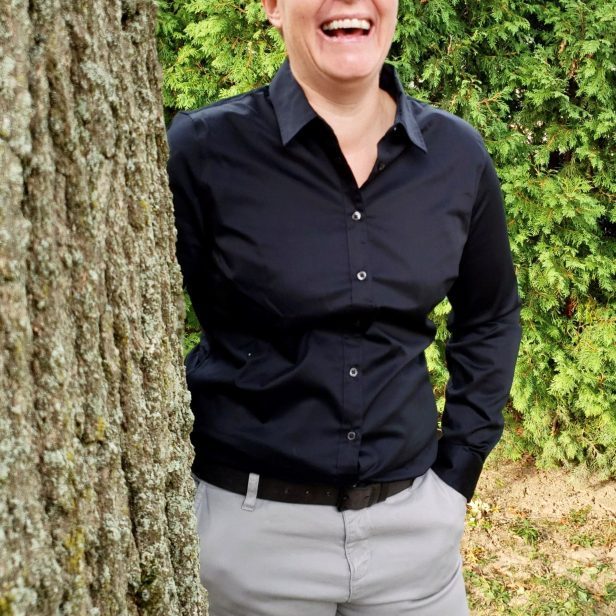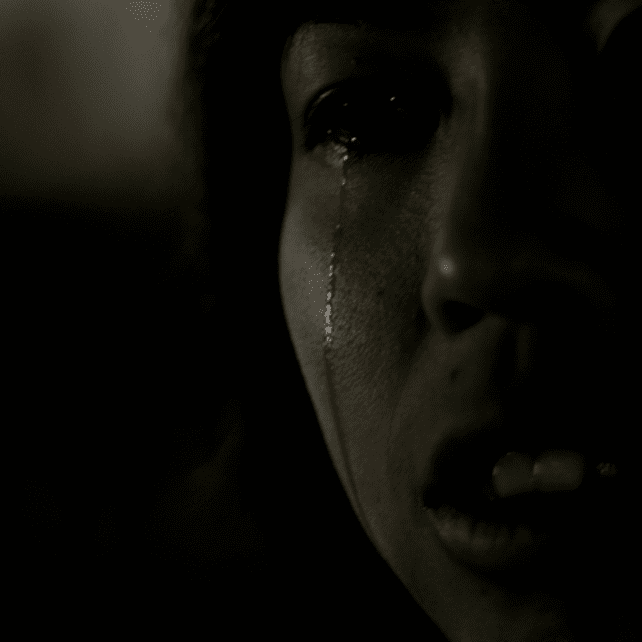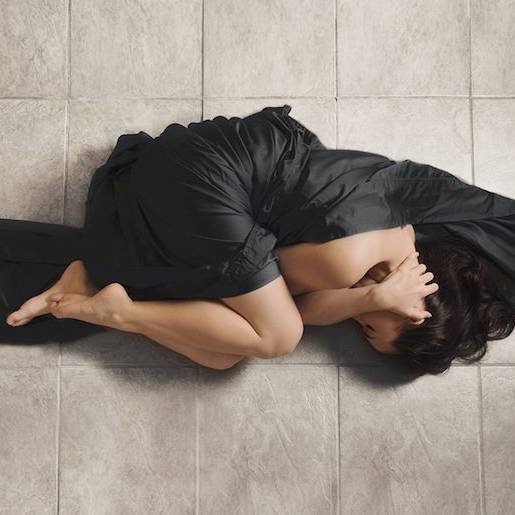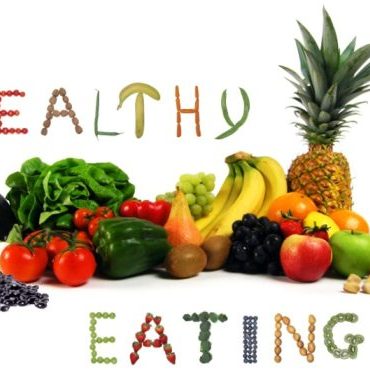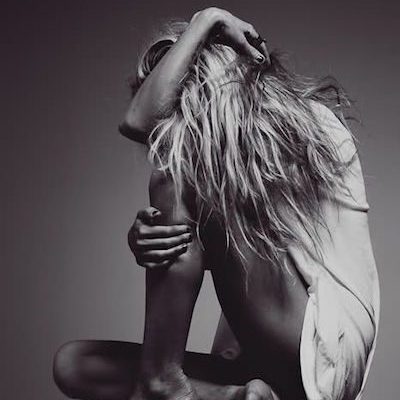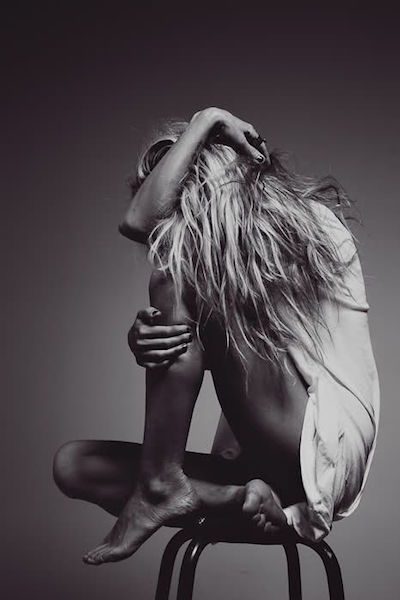 Depression is finally being taken seriously within straight Australia, but the GLBTI community is once again being marginalised says filmmaker Barbara Karpinski, whose latest work High Risk examines depression in this group.
Depression is finally being taken seriously within straight Australia, but the GLBTI community is once again being marginalised says filmmaker Barbara Karpinski, whose latest work High Risk examines depression in this group.
In an interview with UTS publication Brink, Karpinski, a doctoral candidate at the University of Technology, Sydney (UTS) said few resources are available to address the specific needs of the GLBTI community in this regard.
This is despite the fact that research shows same-sex attracted people, particularly women, are much more susceptible to depression and suicide than their heterosexual peers, she says.
In turn, bisexual women have a higher rate of depression than gays and lesbians, who already have a higher rate of depression than the heterosexual population, says Karpinski, who is bisexual but prefers to use the term “queer”.
She says these high rates of depression flow from complex and unique discrimination issues. “I don’t see depression as just a medical model,” she says. “It is very much related to our political, legal and social systems.”
One of her subjects in High Risk is Johnnie Cass, a cast member of the first season of Australian Big Brother in 2001 who was labelled “Johnny Rotten”. Outside the show, he was the target of homophobic comments and told he had set the gay community back 10 years.
“After Big Brother I definitely went through a bout of depression – but it led me down a fruitful career path,” says Cass, who is now an entrepreneur and motivational speaker.
“There are not enough people talking about the less glamorous side of being gay,” Cass says. “All you see is the confident and flamboyant people.”
High Risk also interviews indigenous writer, theatre director and choreographer Noel Tovey, who speaks about being locked up for buggery in the 1950s; Jane Green, a sex worker who talks about discrimination against queer sex workers; Angelique, a bisexual grandmother who has battled domestic violence and depression; and Norrie-May Welby, who became the first person in the western world officially declared to be neither a man nor a woman.
“I wanted to give people a chance to talk about their experience of depression, to tell their own stories,” Karpinski says.

